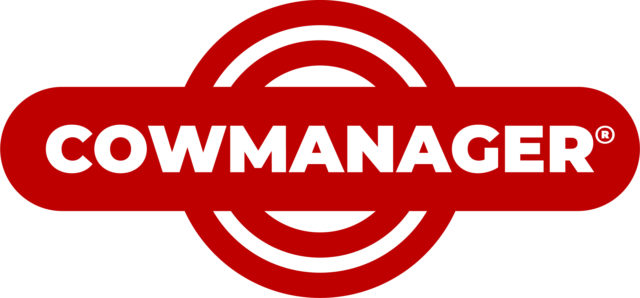Being able to talk freely with your farm team and feel they understand what you are needing is a huge gift. Accept you can’t make other people change, but you can change how you respond and handle things. Talking is the work.
Decide today that you are going to become more self-aware and self-controlled around the way you communicate to your farm team. I strongly believe good communication is the foundation of successful farms. Talking and listening well is the ultimate risk management tool.
Skills for your communication toolbox
- Accept that solving problems is up to you. Take responsibility for your skills in sharing your ideas, thoughts and feelings in the culture of your farm workplace. Take charge and act because you get nowhere if you expect the communication problems to fix themselves. Begin with the end in mind. What do you truly want to accomplish in your conversation?
- Know your communication style. You might be action-oriented, direct and brief. Or you might like to think things through and process ideas before giving an answer. Perhaps you are more relationship-based, so people and relationships are your focus before you attack the problem-solving agenda. Then again, you might be a dreamer who likes to innovate with discussions about your farm’s big picture, and you need peers to listen to your tangents without judgment.
- Accept that different is not wrong, only different. Ask for what you need to create a better understanding and talk it out. This may look like asking for eye contact to ensure the message is received. Consider observing the eyes, otherwise known as “the windows to the soul”; the mouth, eyebrows and forehead are especially revealing of emotional state.
- Curtail cellphone interruptions. Ask for blocks of time uninterrupted by cellphone usage. Practice using a cellphone basket for everyone to drop their phones and come to the table for a face-to-face conversation without interruption.
- Be open to learning what the other person’s communication style is so you can make room for their style. If verbose talkers are driving you crazy, ask for a timeline for the conversation and put some boundaries around it, like set time limits for discussions. Some use coins, where the three coins are placed on the table and one is “spent” each time they talk. When the coins have been spent, it is their turn to listen. I use a talking stick like a soft toy passed around to be held by the speaker. When the speaker is finished sharing their thoughts, the talking stick is passed onto the next speaker. Talking sticks stop interruptive behaviour.
- Be aware of your communication hot buttons. For example, I have trouble with “strong silent” communicators who answer “I don’t know” when I ask them a question. Farm coaches are wired to ask tough questions which can cause discomfort, but the outcome of knowing what everyone is thinking, feeling and wanting is a huge benefit to courageous conversations.
- Think about what makes you defensive or angry when you are communicating with your farm team. You have the power to change your response. A good response might be, “What would you like me to do differently?” Practice that one line for the next week and see what happens. People around you may be shocked at first that you are willing to change. This is not a manipulation game. This is creating new habits to help you reach better understandings.
How do you know when you are getting better at talking through problems?
Ask, “If this problem didn’t exist or was solved, what would I/we be doing or saying to each other?”
Have a vision of what you want your farm workplace culture to look like and decide what steps you can take to make it happen:
- Instead of offering your opinion, invite questions that invite the other person to explain the reasons behind their position.
- If you don’t understand, admit it, stay calm and ask for further explanation. Try a phrase like: “Tell me more …”
- Acknowledge the other’s position without agreeing by saying, “That’s an interesting perspective.”
- Let the other person explain their “why” without interrupting.
- Ask, “What if?” and use powerful questions about future considerations or contingencies.
What needs to shift for better communication on your farm?
It might take a set of fresh eyes and ears in the form of a facilitator to shine a light on the trouble spots that need a better tool for better talking and listening.
Start by simply speaking kindly with grace to each other. Treat your farm team as well as you behave with your closest friends. Share meals together and make decisions on a well-fed stomach, not an empty one or while you are on the run.
Small steps make a huge difference. Here are a few that are worth the effort:
- Speak in a calm and respectful tone. Look each other in the eye.
- Ask permission if now is a good time to talk or when would work better.
- Paraphrase what you heard the other person say to check that you understood the correct intention of the message. Texting doesn’t have this dimension of tone of voice, which is why texting causes lots of communication breakdown and conflict.
- Make requests. Request that items that are hot issues be dealt with in a formalized meeting session, at a certain date and time, so everyone can prepare their responses and do research on the issue before the meeting.
- Ask better questions. What would you like me to do differently to communicate better? What assumptions am I making? What am I responsible for? What can I learn from this situation?












